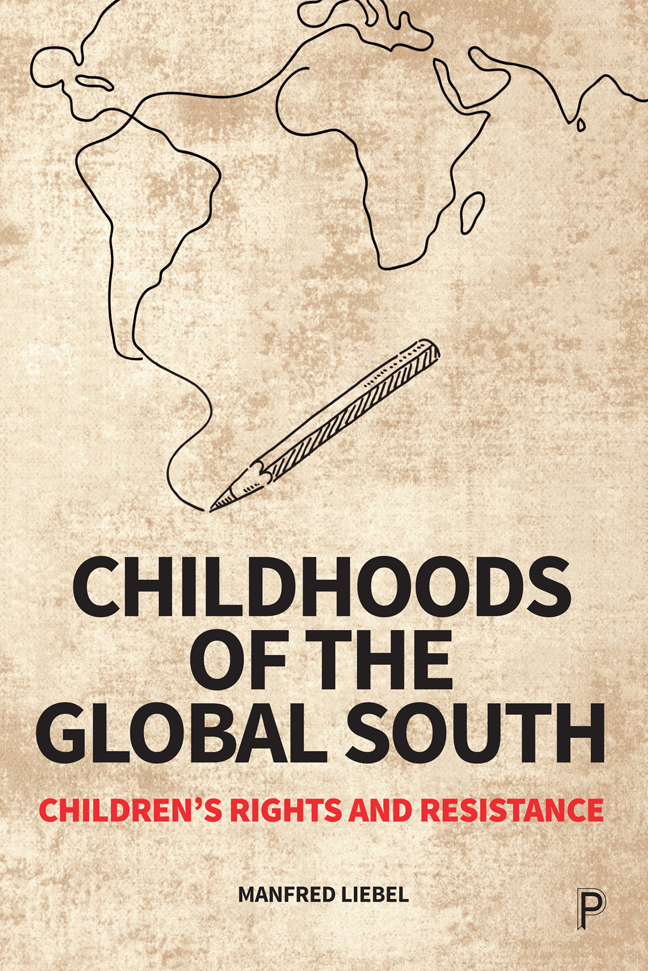4 - Ethical challenges of research with children of the Global South
Published online by Cambridge University Press: 23 January 2024
Summary
Introduction
No one will doubt that ethical standards are at least as important and necessary in research with children as in any research about or with humans (and animals). And it is to be welcomed that interest in ethical aspects of research has increased in the last two decades and has even led to agreements that cross national borders and are understood as a worldwide professional commitment. The International Charter on Ethical Research Involving Children (ERIC), which was drafted under the umbrella of UNICEF's Innocenti Research Centre, for example, emphasizes that:
• children, their views and their cultures must be respected;
• all children must be treated equally and obstacles to their participation based on discrimination must be challenged;
• the benefits for individual children or children as a social group must be maximized;
• the results of research must benefit children;
• possible harm resulting from children's participation must be prevented;
• children must agree to their participation, as must their guardians; and
• the researchers must constantly reflect on the impact of their own assumptions, values, beliefs and practices on children (summarized according to Graham et al, 2013).
But as meritorious and plausible as these general principles may be, they are not beyond doubt and cannot eliminate all the problems, ambivalences and contradictions that arise in research practice even with the best will of the researchers. Their apparent plausibility may even contribute to concealing such problems and contradictions. In our opinion, this is especially true in the case of problems that arise from different life situations, interests and unequal power positions of the persons and institutions involved in the research. Furthermore, it is important to distinguish whether ethical principles are applied in legally regulated testing procedures (‘procedural ethics’) or whether they relate to practice in the research field and the use of research results (‘practical ethics’ or ‘participatory ethics’) (see Abebe and Bessell, 2014). In the first case, they contribute little or can even make it more difficult for ethical sensitivity to develop among researchers.
In this chapter, we would like to draw attention to selected problems that arise in research with diverse groups of children from the Global South, insofar as it is conducted by adults residing in countries of the North especially in the European Union countries. We identify some reasons for these problems and ask to what extent ethical principles can be of help in dealing with and overcoming these problems.
- Type
- Chapter
- Information
- Childhoods of the Global SouthChildren's Rights and Resistance, pp. 86 - 97Publisher: Bristol University PressPrint publication year: 2023

